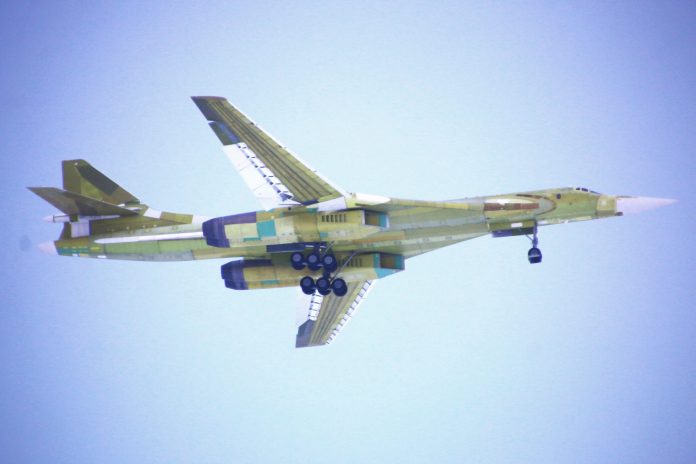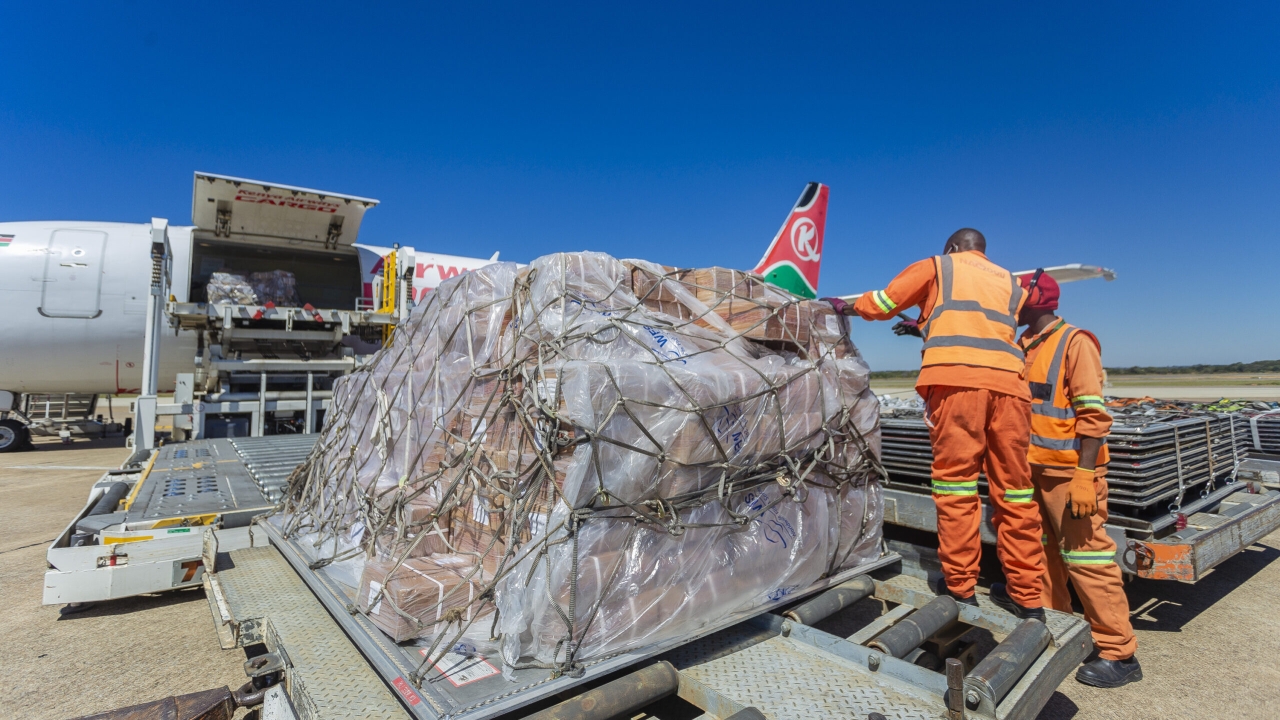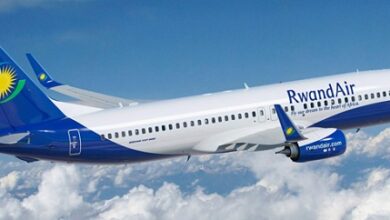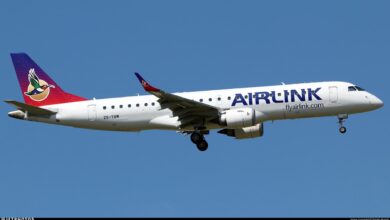Foreign cargo airlines shun Nigeria’s agro-export over ‘stifling’ extortion, multiple taxations
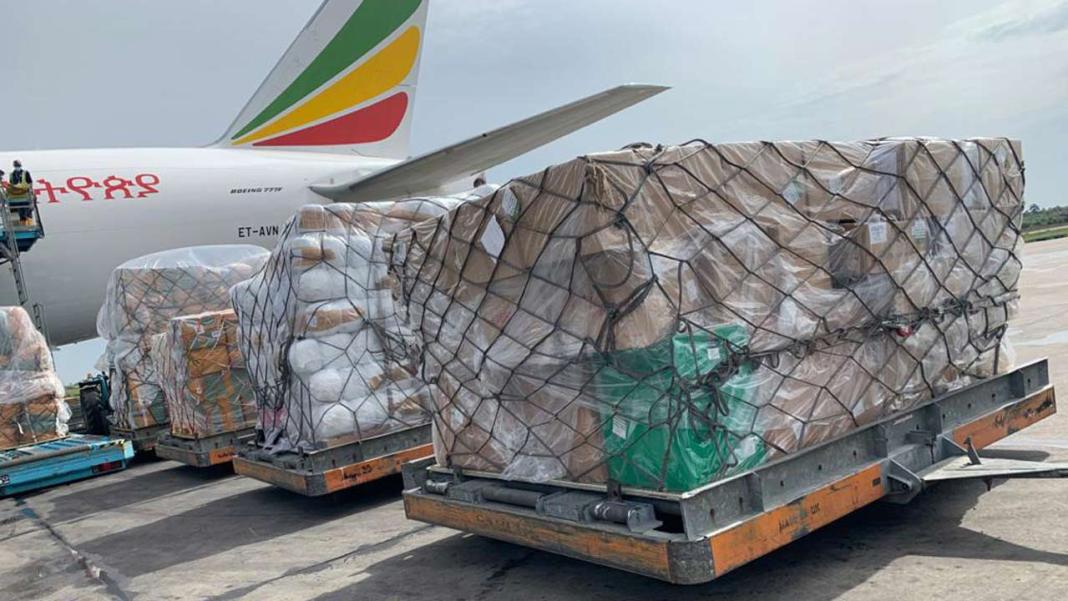
International cargo operators and local exporters are finding it difficult to move out goods from Nigeria due to several unsupervised taxes.
The foreign cargo operators are facing bottlenecks in form of unofficial extortions, harassment and multiple charges on export goods from several government agencies are the airports, forcing them to prefer flying out of Nigeria empty.
Export of certain agro-related products is supposed to be free, to boost forex earning. Before the oil boom in Nigeria, Agriculture was one of Nigeria’s major economic drivers. The Nigerian agricultural sector contributed about 25.2 % (N10.50 trillion) to the nation’s GDP as of 2019.
Despite this status as being the largest employer of labor, it is estimated that Nigeria has lost USD 10 billion in annual export opportunities from groundnut, palm oil, cocoa, and cotton due to multiple taxations.
Out of the 16 sundry charges placed on the import or export of goods coming via airports, only five are officially recognized.
The implication according to stakeholders is that there now exists an imbalance of import-to-export that stands at a ratio of 87:13 and at least $250 billion loss on agro-export produce to the country.
Apparently, despite the government’s attempts at easing the cost of doing business in the country, the cargo section of air travel is not feeling the impact.
For the 16 sundry charges placed on every inquiry to export beans, fruits, pap, garri (cassava flour), and cashew nuts to Europe or America, the 5 official charges are five percent Cargo Service Charge (CSC) that is statutorily collected by the Nigerian Civil Aviation Authority (NCAA); Federal Airport Authority of Nigeria’s (FAAN) charge of N5 to N23/kg; Customs charges of N60 – N97/kg; ground handling charges of N45 to N90/kg (depending on produce or product) and freight charges accruable to the airlines.
While the unofficial and unrecognized charges are; plant quarantine service fees for sanitary certification, put at N15,000 on average; association dues and FOU charges on the packaging, varying from N15,000 for car/van, N25,000 for bus/truck, and N45,000 to N50,000 for a trailer full of cargo, and ‘repair and return’, as against plant quarantine.
The following agencies also collect unofficial charges en bloc: Anti Bomb Squad of the Nigeria Police Force, National Agency for Food, Drug Administration and Control (NAFDAC), Standard Organisation of Nigeria (SON), and National Drug Law Enforcement Agency (NDLEA).
To sum it up in a context, all these sundry charges and the foreign airline documentation charge amount to N12,500/kg, comparatively the most expensive on the continent.
This explains why foreign cargo airlines often depart Nigeria empty and fly to neighboring countries to pick export cargo.
According to a cargo agent, Akeem Aladeselu, “Our European partners just pulled out of the deal because it makes no sense spending N1,160/kg processing fee to export bananas and mangoes to Europe. That was about N25 million worth of contract canceled because exporting out of Nigeria, unlike in other parts of African countries, has become too expensive for vendors.”
Another operator, Cargo exporter, and Chief Executive Officer of ABX World, Capt. John Okakpu explained to The Guardian newspaper that government agencies have seen the cargo terminals as a revenue-generating venture for themselves and their agencies, yet killing the economy.
“They don’t see export as a national project, but as a private business. That is why all government agencies are always pushing to come into the airport, to make revenue and issue certificates that are not recognized anywhere.
Capt. John Okakpu further noted that Nigeria is not positioned to sell products to the world market because the products are not traceable.
“All the airlines that come into Nigeria depart empty. Because it is cheaper for them to go out empty than carry something. If you load 100 tonnes of cargo on aircraft here, you are charged $35,000 in fees and taxes. Out of Ghana on the same trip is less than $4,000. That is why airlines would rather jet out empty.
According to a 2021 report by The Netherlands Government Agricultural team in West Africa titled; Guidelines for exporting agro products from Nigeria, it says that “there are too many Ministries, Departments, and Agencies (MDA’s) involved in the export, which all have varying powers. There is the absence of clear information on requirements for export into the EU and inadequate knowledge on the product certification among value chain actors and guidance on relevant authorities.
The report also recommended that the certification process should be simplified, official websites need to update their websites with recent data and key MDA’s should harmonize and simplify export procedures to different markets.”
In a similar vein, a 2019 report by the Federal Airports Authority of Nigeria (FAAN) shows that Nigeria’s air cargo import stands at about 131 million tonnes, while its exports were only 16 million tonnes by air.
While echoing the same sentiments, Managing Director of Flight Logistics Solutions Limited, Amos Akpan, at the Aviation and Cargo conference and exhibition (CHINET21) in Lagos, recently, said the export-to-import shortfall of 115 million (2019 figures) would keep widening due to bottlenecks and “most cargo airlines returning empty.”
“The revenue Nigeria could have earned is lost. We have ET bring cargoes to Nigeria, and from Lagos move to Sierra Leone. DHL moves from China to Lagos, then Kinshasa to pick cargoes. Those are not good trade arrangements that can help local operators to survive or play in the cargo space.
“We need to address hindrances to export and properly situate air cargo export in our trade records so we can build a system that will participate in regional, continental, and global trade arrangements like African Continental Free Trade Area (ACFTA).
“We need to cut down on the bottlenecks. Too much paperwork, nothing online, and there are too many barriers by too many agencies that have no business in that space. We need to completely sanitize the system,” he said.

